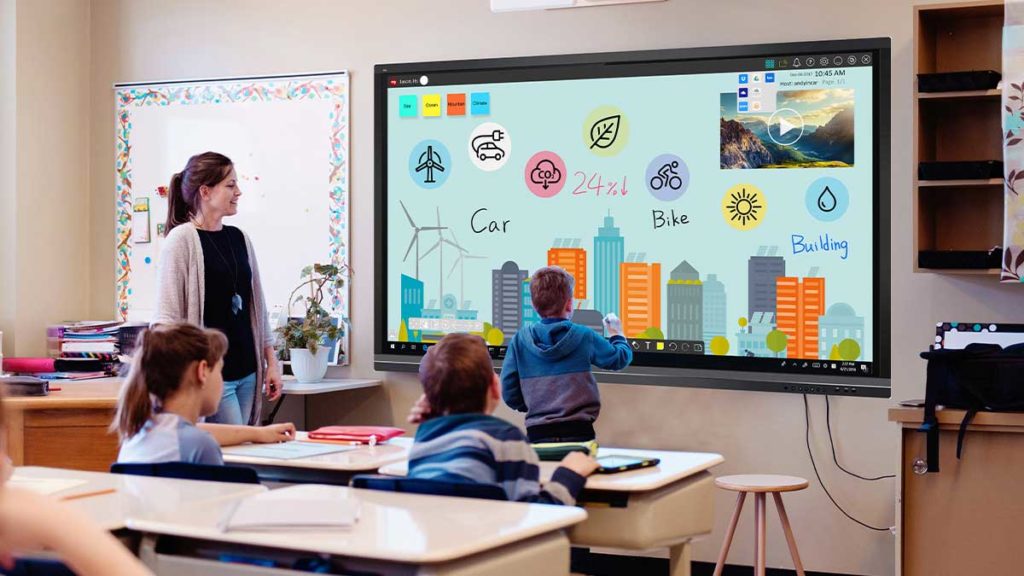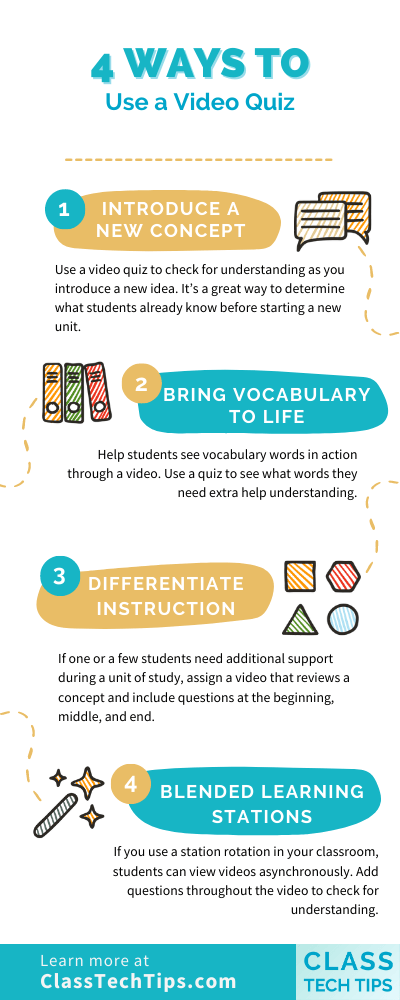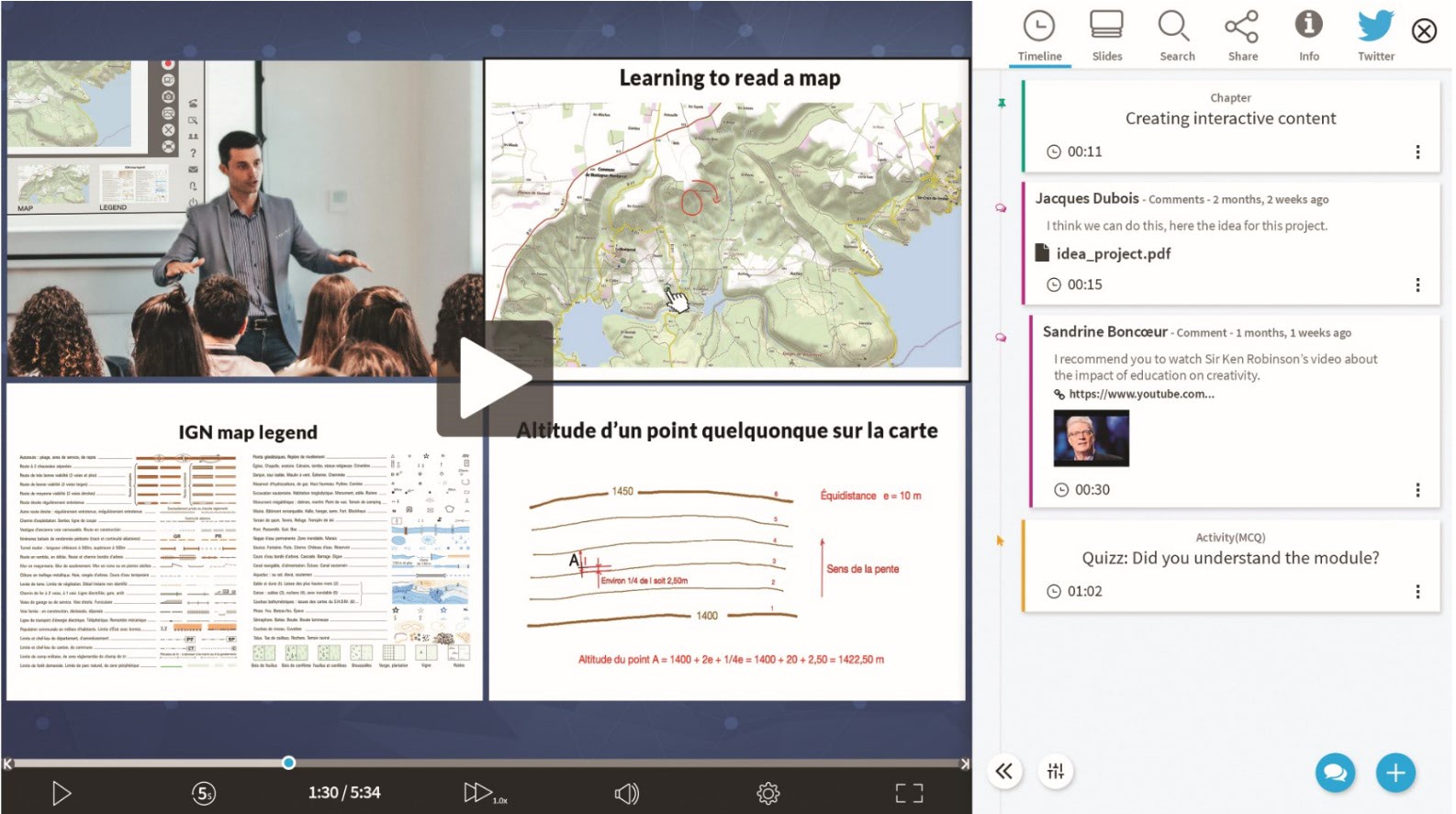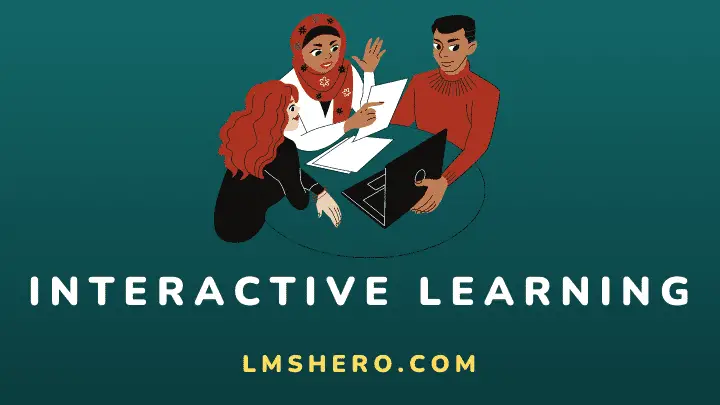The Power Of Interactive Learning: Exploring The Benefits Of Custom Map Quizzes
The Power of Interactive Learning: Exploring the Benefits of Custom Map Quizzes
Related Articles: The Power of Interactive Learning: Exploring the Benefits of Custom Map Quizzes
Introduction
With great pleasure, we will explore the intriguing topic related to The Power of Interactive Learning: Exploring the Benefits of Custom Map Quizzes. Let’s weave interesting information and offer fresh perspectives to the readers.
Table of Content
- 1 Related Articles: The Power of Interactive Learning: Exploring the Benefits of Custom Map Quizzes
- 2 Introduction
- 3 The Power of Interactive Learning: Exploring the Benefits of Custom Map Quizzes
- 3.1 Unlocking the Potential of Custom Map Quizzes
- 3.2 The Benefits of Custom Map Quizzes: A Closer Look
- 3.3 FAQs on Custom Map Quizzes
- 3.4 Tips for Creating Effective Custom Map Quizzes
- 3.5 Conclusion: Custom Map Quizzes – A Powerful Tool for Learning
- 4 Closure
The Power of Interactive Learning: Exploring the Benefits of Custom Map Quizzes

In the realm of education and knowledge acquisition, interactive elements play a crucial role in fostering engagement and retention. Among these, custom map quizzes stand out as a powerful tool for enhancing learning experiences, particularly in subjects that involve geography, history, or any field where spatial understanding is paramount.
Unlocking the Potential of Custom Map Quizzes
Custom map quizzes offer a unique blend of interactivity, visual appeal, and educational value. They provide a platform for learners to engage with geographical concepts in a dynamic and stimulating manner, transforming passive learning into an active and immersive experience.
1. Tailored Learning Experiences:
Custom map quizzes allow for personalization, catering to specific learning objectives and audience needs. Educators can create quizzes that focus on particular regions, historical periods, or geographical features, ensuring that the content is relevant and engaging. This tailored approach ensures that the learning experience is optimized for individual learners, addressing their unique knowledge gaps and fostering a deeper understanding of the subject matter.
2. Visual Engagement and Spatial Understanding:
Maps are inherently visual, and custom map quizzes leverage this visual appeal to enhance engagement and comprehension. By presenting information in a spatial context, these quizzes promote a deeper understanding of geographical relationships, distances, and relative locations. This visual approach makes learning more intuitive and memorable, facilitating the formation of lasting connections between concepts and their physical representation on the map.
3. Gamification for Enhanced Motivation:
Custom map quizzes can be designed with gamification elements, incorporating challenges, rewards, and scorekeeping to boost motivation and engagement. This playful approach transforms learning into an enjoyable and rewarding experience, encouraging learners to actively participate and strive for mastery. The competitive element, even if internalized, can further enhance motivation, driving learners to explore the material more thoroughly and strive for higher scores.
4. Assessment and Feedback:
Custom map quizzes serve as valuable assessment tools, providing educators with insights into student understanding and identifying areas requiring further attention. The immediate feedback provided by the quizzes allows learners to self-assess their progress, identify their strengths and weaknesses, and focus their efforts accordingly. This continuous feedback loop is crucial for fostering effective learning and promoting self-directed improvement.
5. Diverse Applications and Subject Areas:
The versatility of custom map quizzes extends beyond traditional geography lessons. They can be effectively employed in various subject areas, including:
- History: Exploring historical events, migrations, and empires through interactive maps.
- Science: Visualizing ecological zones, geological formations, or climate patterns.
- Social Studies: Understanding population distribution, cultural influences, or political boundaries.
- Language Arts: Mapping literary locations or tracing the journeys of characters.
- Business: Analyzing market trends, identifying customer demographics, or visualizing supply chains.
The Benefits of Custom Map Quizzes: A Closer Look
1. Increased Knowledge Retention:
Interactive learning experiences, such as custom map quizzes, have been shown to significantly enhance knowledge retention compared to traditional methods. The active engagement, visual appeal, and gamified elements contribute to a more immersive and memorable learning experience, leading to a deeper understanding and longer-lasting retention of information.
2. Improved Problem-Solving Skills:
Custom map quizzes often require learners to apply their knowledge to solve problems or answer questions based on the information presented on the map. This process fosters critical thinking, analytical skills, and problem-solving abilities, crucial for success in various academic and professional settings.
3. Enhanced Creativity and Critical Thinking:
Custom map quizzes can encourage creative thinking by prompting learners to interpret information, draw conclusions, and formulate their own perspectives based on the visual data presented. This process fosters critical thinking skills, allowing learners to analyze information, identify patterns, and develop informed opinions.
4. Fostering Collaboration and Communication:
Custom map quizzes can be used in collaborative learning environments, encouraging students to work together, share their knowledge, and discuss their findings. This collaborative approach promotes communication skills, teamwork, and a deeper understanding of the subject matter as learners learn from each other’s perspectives.
5. Accessible and Engaging for All Learners:
Custom map quizzes can be designed to cater to different learning styles and abilities. By offering various difficulty levels, visual aids, and accessibility features, educators can ensure that all learners can engage with the material effectively and achieve success. This inclusivity fosters a positive learning environment and encourages all learners to participate actively.
FAQs on Custom Map Quizzes
1. What are the different types of custom map quizzes available?
Custom map quizzes come in various formats, including multiple-choice, true/false, fill-in-the-blank, drag-and-drop, and matching. The choice of format depends on the learning objectives and the desired level of interactivity.
2. What tools can be used to create custom map quizzes?
Several online platforms and software applications are available for creating custom map quizzes, including Google My Maps, Quizizz, Kahoot!, and Map Quiz Game. These tools offer a range of features, from basic map creation to advanced customization options.
3. How can custom map quizzes be integrated into the curriculum?
Custom map quizzes can be integrated into various aspects of the curriculum, such as pre-lesson activities to introduce new concepts, post-lesson assessments to evaluate understanding, or as interactive games to reinforce learning.
4. What are the benefits of using custom map quizzes in the classroom?
Custom map quizzes offer numerous benefits for classroom learning, including increased engagement, improved knowledge retention, enhanced problem-solving skills, and a more interactive and enjoyable learning experience.
5. How can custom map quizzes be used for professional development?
Custom map quizzes can be used for professional development purposes, such as training employees on geographical concepts, product distribution, or customer demographics. They can also be used to assess knowledge and identify areas for improvement.
Tips for Creating Effective Custom Map Quizzes
1. Define Clear Learning Objectives:
Before creating a custom map quiz, it is crucial to identify the specific learning objectives you want to achieve. This will help you choose the appropriate map, questions, and difficulty level.
2. Choose the Right Map:
The map you choose should be relevant to the learning objectives and visually appealing. Consider factors such as scale, detail, and clarity when selecting a map.
3. Design Engaging Questions:
The questions should be clear, concise, and relevant to the map content. Use a variety of question types to keep learners engaged and challenge their understanding.
4. Provide Feedback and Support:
Offer immediate feedback on quiz results, providing explanations for correct and incorrect answers. Consider offering hints or additional resources to support learners who struggle with specific concepts.
5. Encourage Collaboration and Discussion:
Create opportunities for learners to collaborate and discuss their answers, promoting active learning and a deeper understanding of the subject matter.
6. Monitor and Evaluate:
Regularly monitor quiz results and student feedback to identify areas for improvement and adapt the quizzes to meet evolving learning needs.
7. Consider Accessibility:
Ensure that your custom map quizzes are accessible to all learners by providing alternative formats, visual aids, and accessibility features.
Conclusion: Custom Map Quizzes – A Powerful Tool for Learning
Custom map quizzes offer a dynamic and engaging approach to learning, fostering deeper understanding, enhanced retention, and improved critical thinking skills. By leveraging the visual appeal of maps and the interactive nature of technology, these quizzes transform passive learning into an active and immersive experience. Their versatility allows for diverse applications across various subject areas, making them a valuable tool for educators, learners, and professionals alike. By embracing the power of custom map quizzes, we can unlock new avenues for knowledge acquisition and create more engaging and effective learning experiences.








Closure
Thus, we hope this article has provided valuable insights into The Power of Interactive Learning: Exploring the Benefits of Custom Map Quizzes. We appreciate your attention to our article. See you in our next article!